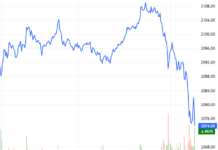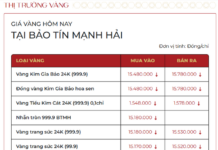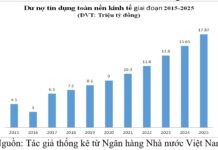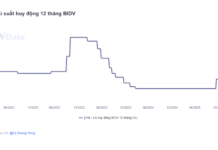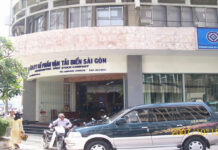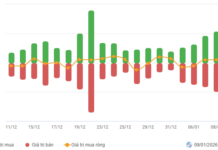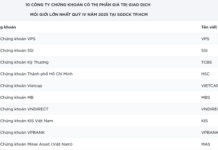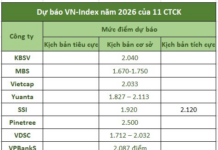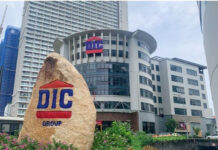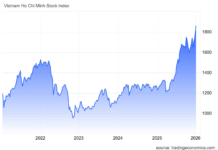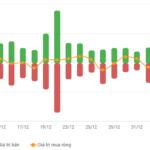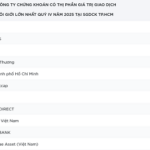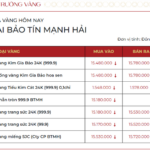State-owned Enterprises and their Leading Role in the Economy
Information from the Conference of the Government’s Permanent Office working with State-owned Enterprises (SOEs) at the national level on solutions to promote production, business and investment development, which took place in September 2023, showed that by the end of 2022, Vietnam still had about 478 wholly state-owned enterprises, 198 enterprises in which the state holds over 50% of the charter capital, and 151 enterprises in which the state holds less than 50% of the charter capital.
Wholly state-owned enterprises account for about 7% of the total assets and 10% of the equity of all enterprises in the market, representing about 25.78% of the total capital of production, business, and 23.4% of the value of fixed assets and long-term financial investments. SOEs contribute about 28% to the state budget revenue and employ about 0.7 million workers, accounting for about 7.3% of the total labor force of the entire business sector.
According to statistics, the total estimated revenue of SOEs for 2023 is about VND 1,652 trillion, exceeding the 2023 target by 4%; pre-tax profit is about VND 125.8 trillion, exceeding the yearly target by 8%; and the contribution to the state budget is about VND 166 trillion, exceeding the yearly target by 8%.
SOEs play a leading, dominant, and strategic role in important and essential sectors and fields of the economy. This contributes to macroeconomic stability, inflation control, growth promotion, the assurance of major balances of the economy, and a practical contribution to the construction, development of the socialist-oriented market economy, and the protection of the Fatherland.
In addition to the achievements, the activities of SOEs also reveal some limitations, such as some SOEs not fully exploiting the effectiveness of state resources, capital, and state-allocated assets, disbursing investment capital for the entire year of 2023 below the set targets, and some SOEs operating at a loss. The competitiveness, application of scientific and technological advances, innovation, and digital transformation are still limited. Enterprise governance innovation is still sluggish…
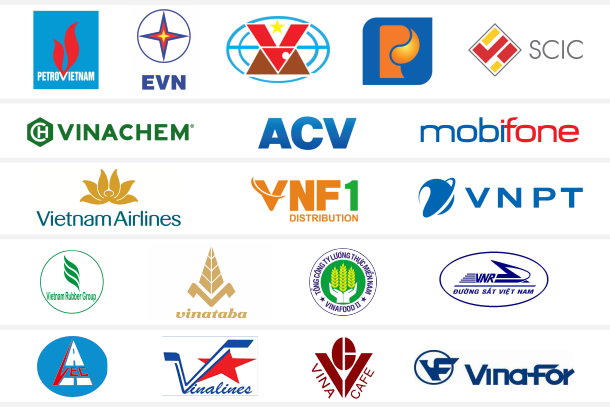
Some SOEs under state management.
What should SOEs do in 2024?
To fulfill their leading role in the economy, SOEs need to make changes and reforms to implement the set plans.
According to the requirements of the Prime Minister Pham Minh, in 2024, information technology enterprises such as the Military Industry-Telecoms Group (Viettel), VNPT, Mobifone, and the Global Technology and Telecommunication Corporation (GTEL) need to continue promoting investment projects and broadening traditional telecommunications infrastructure to digital infrastructure. Along with that, the development of data centers and cloud computing, digital technology infrastructure and platforms, and digital applications will create momentum for digital economic development. They will also take a leading role and actively research new emerging technologies (semiconductor chips, etc.).
The Vietnam Electricity Group (EVN) will accelerate the implementation progress of the 500 kV Line 3 projects from Quang Trach (Quang Binh) to Pho Noi (Hung Yen), striving to put it into operation in June 2024.
EVN, the Vietnam Oil and Gas Group (PVN), the Vietnam National Coal-Mineral Industries Group (TKV), and their subsidiaries will promptly and effectively implement the planning of the national power development for the 2021-2030 period, vision to 2050 (Power Development Master Plan VIII) in accordance with regulations, ensuring national energy security and sufficient electricity supply for production, business, and people’s consumption.
The Vietnam Oil and Gas Group, along with leading businesses in the petroleum industry, will enhance their forecasting capabilities of global market price movements and proactively come up with plans to ensure the supply of petroleum products for the economy and minimize the negative impacts of global petroleum price fluctuations.
SMEs providing maritime services will continue to play an important role in providing logistics services for offshore fishermen, promoting the development of the maritime economy.
SOEs providing utilities at localities are performing well in supplying public utility services, ensuring social security, and improving people’s living standards (especially in urban flooding prevention and continuous urban clean water supply).
SOEs in the construction sector will accelerate the development of urban infrastructure, urban housing, and actively develop social housing projects and workers’ housing. State commercial banks will review and simplify lending procedures, disbursement, in accordance with regulations, reduce costs, strive to reduce loan interest rates, ensure reasonable borrowing costs to support economic recovery.
According to updated data as of December 31, 2022, the number of active businesses in the Vietnamese economy is 895,876. Thus, 827 SOEs account for less than 0.1% of the total number of active businesses in Vietnam.
Pearl

